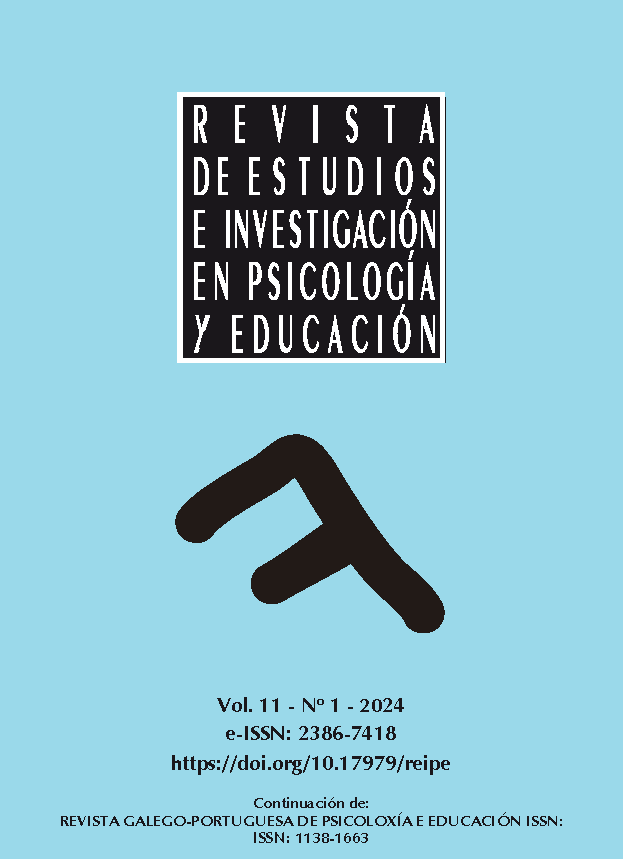Aprendizaje autorregulado y orientación al estudio: resultados de un proyecto de intervención
##plugins.themes.bootstrap3.article.main##
Resumen
Este artículo presenta la aplicación y evaluación de un proyecto para promover habilidades de autorregulación entre estudiantes de enseñanza media técnica. El estudio se llevó a cabo en una institución educativa federal del estado de São Paulo, Brasil. La muestra del estudio consistió en 35 estudiantes recién matriculados que presentaban problemas de adaptación a la nueva rutina académica y síntomas de ansiedad. Los estudiantes recibieron sesiones sistemáticas de orientación al estudio para ayudarles a desarrollar habilidades de aprendizaje autorregulado. Los datos se recogieron utilizando los siguientes métodos: Escala DASS-21 (versión brasileña), entrevistas semiestructuradas iniciales y finales, y observaciones de la investigadora. Los resultados muestran diferentes grados de éxito de los y las estudiantes en la adquisición de habilidades de autorregulación. La comparación cuantitativa pre y postest de los datos de la DASS-21 y del Método JT mostró una reducción de los síntomas de ansiedad en 12 y 8 estudiantes respectivamente, y el análisis de varianza detectó una reducción significativa en la puntuación media de ansiedad del grupo después del proyecto. El análisis cualitativo mostró que, para la mayoría de los/as estudiantes, las sesiones del proyecto promovieron el desarrollo de habilidades de autorregulación del aprendizaje, mejorando aspectos como la planificación y organización del estudio, entre otros. Es necesario seguir investigando, teniendo en cuenta las variables intervinientes.
Descargas
##plugins.themes.bootstrap3.article.details##

Esta obra está bajo una licencia internacional Creative Commons Atribución-CompartirIgual 4.0.
Los trabajos publicados en esta revista están bajo una licencia Creative Commons Reconocimiento-CompartirIgual 4.0 Internacional.
Los/as autores/as son los titulares de los derechos de explotación (copyright) de su trabajo, pero ceden el derecho de la primera publicación a la Revista de Estudios e Investigación en Psicología y Educación, la cual podrá publicar en cualquier lengua y soporte, divulgar y distribuir su contenido total o parcial por todos los medios tecnológicamente disponibles y a través de repositorios.
Se permite y anima a los/as autores/as a difundir los artículos aceptados para su publicación en los sitios web personales o institucionales, antes y después de su publicación, siempre que se indique claramente que el trabajo está en esta revista y se proporcionen los datos bibliográficos completos junto con el acceso al documento, preferiblemente mediante el DOI (en caso de que sea imprescindible utilizar un pdf, debe emplearse la versión final maquetada por la Revista). En el caso de artículos que provengan de estudios o proyectos financiados, esto se hará en los plazos y términos establecidos por la entidad o entidades financiadoras de la investigación publicada.



